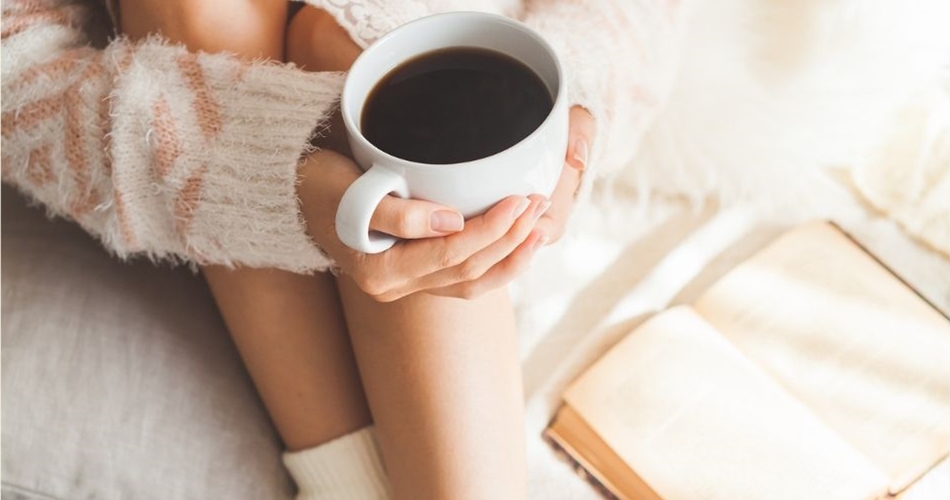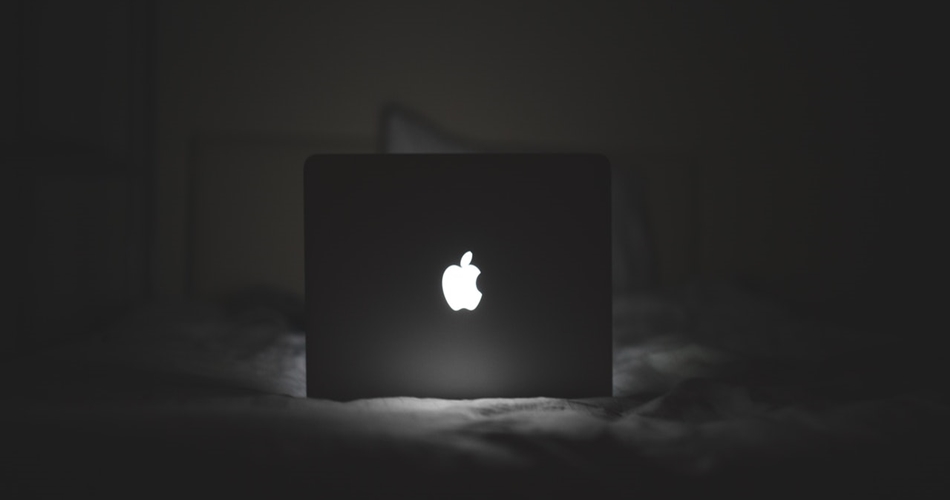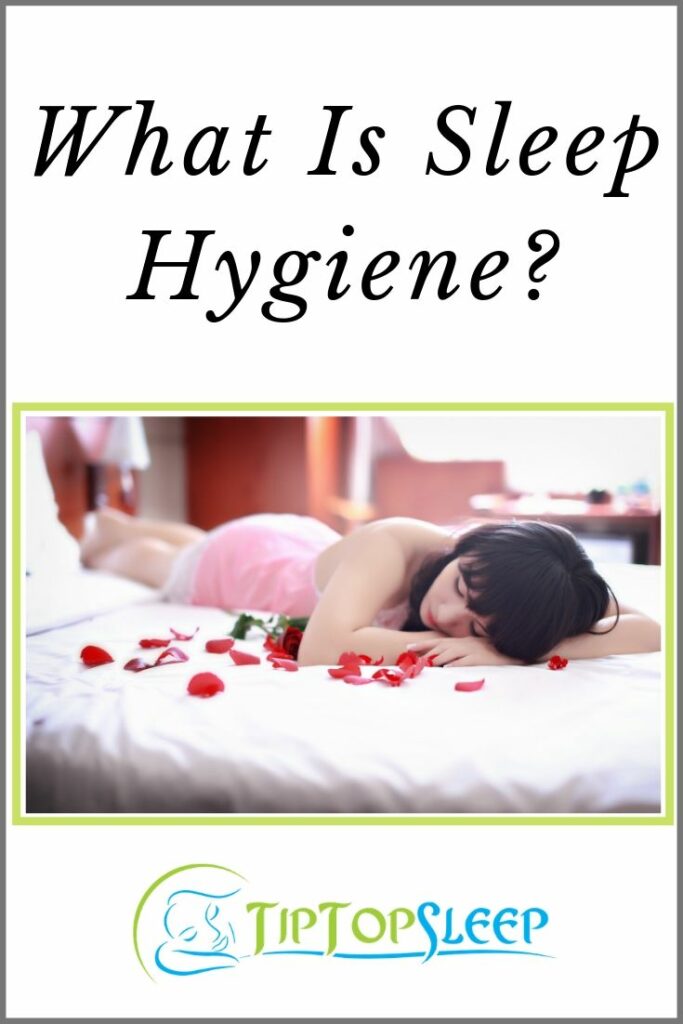The harsh reality is that large sections of the global population experience significant trouble sleeping. So, if you are having trouble sleeping, just know that you are not alone.
The phrase “sleep hygiene” is used to describe good sleep practices. There is a wide range of habits which have been researched considerably which we can use as a guideline to getting the sleep our bodies require. Not practicing good sleep hygiene will affect our ability to function to our full potential daily.
Research conducted by Johns Hopkins Medicine reveals that about 20 percent of people in the United States alone encounter considerable difficulty sleeping. That is compounded by the fact that about 10 percent of those people consider the situation to be a serious problem.
How do you find a way to sleep better? The answer to that question – as is the case with most medical questions – is not straightforward by any stretch of the imagination.
However, the problem can be combated by improving your sleep hygiene. Improving your sleep hygiene can be as simple as making an adjustment to your sleep-wake patterns but making those sleep adjustments can also prove an enormous undertaking.
Throughout this article, you will discover that the adjustments you can make, to improve your sleep hygiene, are really just common sense.
However, as we are so often taught in life… common sense is not always so common. To the extent that the common-sense solutions we suggest are often overlooked by those seeking to improve their sleep hygiene.
Do You Have Poor Sleep Hygiene?
Identifying sleep hygiene is quite easy if you say yes to any of the items listed below. If you say yes to any it is time to start looking into your sleep health.
The invest of a little time and effort to improve your sleep hygiene could result in you getting a few extra zzz’s each night. This could ultimately change your overall health and wellbeing.
- You cannot wake up, you still feel tired and do not want to leave your bed.
- Sleepy and lethargic throughout the day.
- It takes you a while to fall asleep.
- You experience a number of sleep disturbances throughout the night.
- Frequent tossing and turning throughout the night.
Further information on sleep hygiene can be found in my “Sleep Hygiene Checklist” that can be found here.
Why Does Sleep Hygiene Matter?
What is often taken for granted is that the human body is designed to be synchronized to the daily cycles of sunlight and darkness. The experts will tell you that body temperature, hormone production, and digestion are all affected by that.
For the human body, it would always be prudent to maintain a regular sleeping schedule, that is in line with that synchronized cycle. Once that sleep schedule or sleep cycle is interrupted, for whatever reason, body temperature, hormone production, and digestion are adversely affected.
Not only does this impact on the quality of the sleep you have but it ultimately has a counterproductive impact on your daily life.
Have you ever felt like you are reading one sentence over and over again for about 30 minutes on the computer at work?
There is a good chance that is a direct result of your sleep cycle being broken. You will notice, through this example and others, that your alertness when awake will be adversely affected by poor sleep hygiene.
Sleep Hygiene and Rhythm
Medical professionals will always tell you that it is important to go to sleep and get up at roughly the same time every day, including on the weekend.
So, if you regularly get up at 7 am, the moment you shift that pattern to say 8 am or 6 am, your sleep cycle will be significantly disrupted.
The key here is the desire to keep your body rhythm in tune with the synchronized cycle between sunlight and darkness.
A big mistake that so many people, especially among the younger generation, make is that of taking the decision to sleep a few extra hours on their day off.
It is a temptation that you should always try to resist, no matter how exhausted you think you are.
Sleep Hygiene and Efficiency
People often labor under the misapprehension that being in bed with the lights out is always enough. However, it is not. An efficient sleeper is only somebody who is actually asleep for most of the time they are in bed with the lights out.
Being in bed awake for a protracted period during the night is a red flag. There are two possible ways to try and remedy this.
Under these circumstances, it might just be prudent to go to bed a little later or an even better option would be to get out of bed a little earlier.
Sleep Hygiene and Your Environment
Some doctors recommend that light reading and relaxing music be employed shortly before going to bed, as this can produce some fertile ground for restful sleep.
The worst thing you could possibly do before going to sleep is to watch television as it is heavy on the senses.
That is the say, programming that is either stimulating or even disturbing, for that matter. Having a television set in the bedroom is not the wisest of ideas.
The bedroom environment should only really be used for sleep and other intimate activities.
Some people have a habit of starting serious discussions while they are in bed and shortly before they sleep. It is the convenient thing to do I guess, but it also lacks wisdom for those who are battling to sleep.
Some people also try to do serious activity while in bed, whether that be calculating and paying the bills or meeting a work deadline. Neither of those things helps improve sleep hygiene.
Sleep Hygiene and Company
Adults seldom sleep alone in the bedroom. Some are married, some just have partners and others like letting others into the bedroom – for whatever reason.
Having an additional company in your bedroom can have an adverse effect on your sleep hygiene.
For one, animals often have different sleep schedules than human beings. So, it really is never wise to have pets in your bedroom, regardless of how cute and soothing you think it is.
Some couples actually find it more helpful to sleep on separate beds, while others take it one step further by sleeping in separate bedrooms.
Neither of these options is an indictment on the state of the relationship. Sometimes, all it means is that players in the relationship want to improve their sleep hygiene.
And you just never know. Sometimes, improved sleep hygiene can have a lasting impact on the quality of the relationship.
The worst form of disruption from a bed partner is snoring. We are sure many of you have a bed partner who snores. The thing about people who snore is that more often than not, they are not aware of it.
If that is having an adverse effect on your sleep hygiene, the onus is really on you to let them know and seek meaningful and long-term solutions to that problem.
Then there is the small matter of bed partners who do not keep the same sleep schedule. Failure to adhere to one is a recipe for a sleep hygiene disaster.
The reality is that work schedules and even natural preferences can differ and the latter has more to do with the human condition than anything else.
Whatever the case might be, the reality is that there will need to be an element of giving and taking in this regard. Partners must be willing to make personal sacrifices for the common good in the relationship.
There are some “Benefits of Sleeping Alone” check them out in my article here.
Sleep Hygiene and The Big Three
Human beings, who are now bigger consumers than they have ever been, just love their coffee, alcohol, and smoking. All three are already detrimental to one’s health, beyond striving to achieve some semblance of sleep hygiene.
Smoking
Most people are already aware that smoking is not good for your health. It never has been and probably never will be. Does that stop those people from smoking? NO!
Alcohol
Most people know that the consumption of alcohol is not good for your health. There are also other elements to alcohol consumption that are hazardous, to say the least. Does that stop people from drinking? Most of the time, the answer is NO!
Caffeine
Most people cannot seem to function during the course of the day without consuming some caffeine. Is it not startling how many smokers in your office, often go those “smoke breaks” carrying a cup of coffee in the other hand? It is almost uncanny.
Why Are “The Big Three” Sleep Disrupters?
These are addictive substances but reducing consumption can actually go a long way to resolving some of your sleep hygiene problems.
We know this is a huge ask for many but it would probably be prudent to try and limit your caffeine consumption to a maximum of two beverages per day. And no, making the cups substantially bigger is not going to solve any of your problems.
What we have also neglected to mention prior to this is that many soft drinks have significant caffeine levels in them. So, dropping the coffee and drinking soft drinks instead will not help your problems either.
It is also not wise to drink beverages with caffeine in the afternoon.
Some of us might already know that drinking alcohol makes you sleepy, especially shortly before bedtime. And that is all swell.
However, as the alcohol starts to wear off – even if you are already fast asleep – there is an alerting effect that often hampers good sleep.
Among the more obvious elements to take into account when consuming alcohol is the small matter of needing to wake up to go to the bathroom.
Because your body will need to gradually get rid of the alcohol which was consumed a few hours earlier.
Constantly having to wake up to go to the bathroom obviously fragments your sleep but try falling asleep again once you have woken up. That can prove to be an enormous undertaking at the best of times.
The worst-case scenario is that you have this fragmented sleep and then just stay awake or wake up early in the morning. That upsets your body’s sleep cycle.
Nicotine has a stimulating effect and therefore it does go without saying that this has an adverse effect on your sleep. You are probably among the many smokers who find themselves waking up in the middle of the night, just for a quick drag.
An aspect which probably doesn’t always get the attention that it deserves is protein intake before going to bed. Likewise, you also need to be conscious of the final meal of the day.
Not eating dinner or a small meal in the evening does not enhance your quest to improve sleep hygiene either. We suppose the key word here is a balance.
That said, going to sleep on an empty stomach just isn’t helpful, as your digestive system also tends to play up while you are trying to sleep.
Going to sleep having eaten too much is also not helpful, by any stretch of the imagination. There is nothing worse than experiencing heartburn or acid reflux while trying to get a few valuable hours of sleep behind you.
Sleep Hygiene and Exercise
While there is compelling evidence to suggest that exercise if good for restful sleep it does come with its caveats. Working out is one thing but working out close to bedtime is counterproductive.
It perhaps goes without saying that exercise contributes to increased adrenaline. When your adrenaline starts going, falling asleep can prove to be somewhat of a nightmare.
I have a close friend and when he was a young, lucky guy, lived in a high school boarding establishment. At that boarding establishment, he and other boarders were forced to sleep between 13:00-15:00 on a Sunday afternoon.
The Housemasters at that boarding establishment were of the then-popular view that afternoon naps were beneficial to boarders. However, doctors at Johns Hopkins Medicine have warned against such practices.
Most human beings sleep between seven and eight hours per evening. That is all that is really required. However, if you develop the habit of sleeping during the day, you effectively start cutting into that evening nap time and the end result is normally that you struggle to sleep later in the evenings.
It really is inevitable.
Sleep Hygiene and Insomnia
There are times in one’s life cycle when sleep is not so easy to come by in the evenings, for whatever reason. That can create a certain level of anxiety for some people. Lying in bed and worrying about it is not going to advance your cause.
If you are struggling to sleep at night, do yourself a favor and get out of bed, before taking part in some light activity. Reading until you are ready to sleep can sometimes help.
Sleep Hygiene and Children
Achieving some of these goals as an adult is difficult enough but getting children to adhere to some of the more helpful practices can be absolute torture if you are not firm enough.
The consequences are also almost always severe. Children are at a stage in their development as human beings, when they probably need to be most alert – more alert than adults even.
Part of good parenting is ensuring that your children are adopting good sleep hygiene habits in the evenings. Good sleep hygiene practices in children are also of benefit to the parent – this is specifically relevant when dealing with very young children.
When all is said and done, a child who cannot perform at an optimum level, especially at school becomes a problem for parents and sometimes even an entire community in the long term.
It will probably be prudent for parents to start implementing appropriate bedtime structures for children incrementally. Ideally, a child’s sleeping schedule should evolve over six phases.
- The first phase is between birth and six months
- The second phase is between six months and two years
- The third phase is between two and three years
- The fourth phase is between three and five years
- The fifth phase is between five and nine years
- The final phase is between nine and thirteen years
The experts recommend that during the first phase parents should try and get their children to sleep through the night without feeding. They should also be able to fall asleep on their own.
During the second phase, children should be expected to sleep for about 13 hours every day. During the third phase, children need about 12 hours of sleep per day. During the fourth phase, children should be able to sleep for about 11 in a day.
During the fifth phase of development, children should be able to sleep for about 10 hours, sometimes about 30 minutes beyond that would also be normal. During the final phase, 10 hours of sleep will be required during the day.
Getting children to sleep is no easy task on its own but failure to address the sleep problems of children can and probably will have a severely adverse impact on children. Not to mention the parents.
Life generally becomes more complicated with teenagers, who require about nine hours of sleep during the night. This period is fascinating in the developmental phase of a human being.
Teenagers generally have very busy and active schedules, both in their academic lives and for extra-curricular activities. There is also the small matter of the biological changes that a teenager experiences.
The problem you often encounter with children is that they will want to stay awake later in the evening and they tend to wake up later in the morning.
Final Thoughts
Upon reflection, you will probably find that there are three components to be taken into consideration when trying to determine how good your levels of sleep hygiene are.
Among those components are temperature, darkness and noise levels.
Although those are probably the key sleep hygiene components, you would have learned earlier in this article that there other factors that are equally important to sleep hygiene.
For good sleep hygiene, it is in your best interests to settle in warm conditions. Some will actually say that the colder the environment to better you are likely to sleep. I studied and wrote an in-depth article all about the best temperature for sleep. You can see that by clicking here.
Another aspect to be taken into consideration is darkness vs light. The darker your environment the better your levels of sleep hygiene.
So, to the best of your ability to try and avoid rectangular screens in the period building up to when you want to sleep. In short, stay away from television sets and computers.
Finally, try to limit the amount of noise exposure in your household in an attempt to improve sleep hygiene. While we acknowledge that is not always a matter you have control over, there are measures that can be taken to remedy the situation.
For example, helping to ensure that toddlers sleep according to the correct schedule.
Beyond that, things like sleeping in a separate bed to your partner or even a separate room to your partners, especially if they snore. In addition to that, there is also the small matter of people who like keeping pets in their bed.
As I mentioned earlier, pets generally operate on a different sleeping schedule. So, it is seldom wise to have them in the same room while you are trying to achieve good levels of sleep hygiene.
How to Sleep Better – Video
As always here’s to better sleep!



